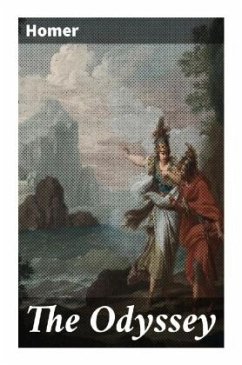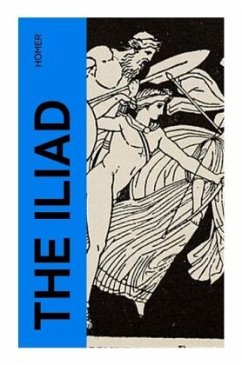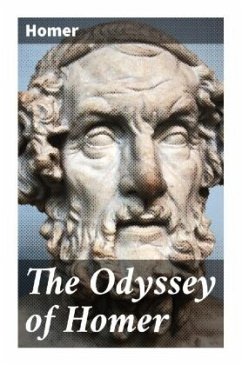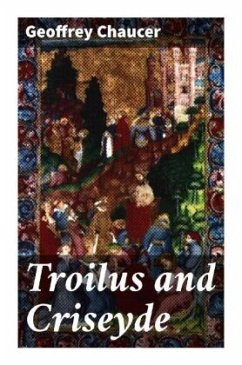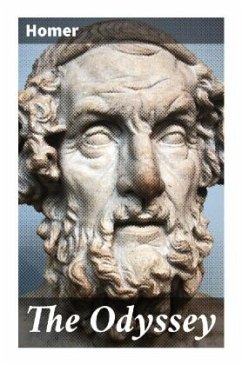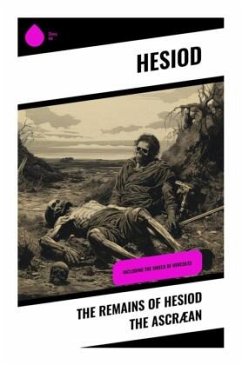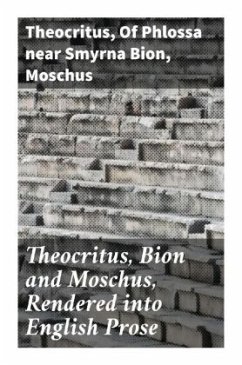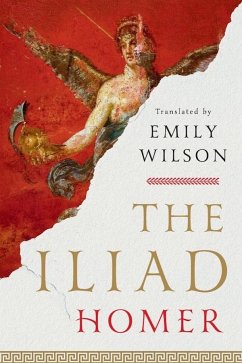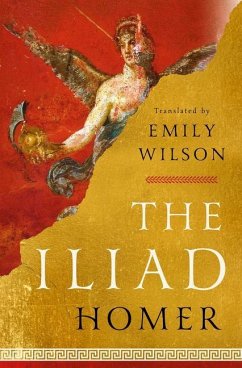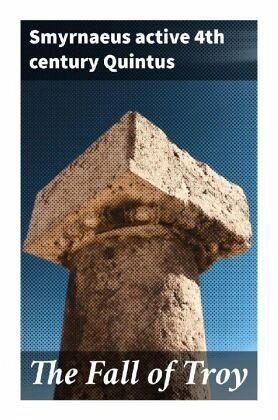
The Fall of Troy
Versandkostenfrei!
Versandfertig in 6-10 Tagen
10,99 €
inkl. MwSt.

PAYBACK Punkte
5 °P sammeln!
Quintus Smyrnaeus's 'The Fall of Troy' is a rich and evocative continuation of the epic narrative commenced in Homer's 'Iliad.' Written in the 4th century CE, this poem employs the dactylic hexameter typical of Classical epics, weaving a tapestry of both despair and heroism that follows the climactic events of the Trojan War. The work is notable for its vivid imagery and emotive characterizations, exploring the psychological landscapes of legendary figures such as Achilles and Odysseus as they confront fate and divine intervention. Quintus's narrative style embraces a blend of oral tradition a...
Quintus Smyrnaeus's 'The Fall of Troy' is a rich and evocative continuation of the epic narrative commenced in Homer's 'Iliad.' Written in the 4th century CE, this poem employs the dactylic hexameter typical of Classical epics, weaving a tapestry of both despair and heroism that follows the climactic events of the Trojan War. The work is notable for its vivid imagery and emotive characterizations, exploring the psychological landscapes of legendary figures such as Achilles and Odysseus as they confront fate and divine intervention. Quintus's narrative style embraces a blend of oral tradition and literary sophistication, situating it within the broader context of post-Homeric epic poetry, where themes of ruin, redemption, and the capriciousness of the gods resonate profoundly. Quintus Smyrnaeus, presumably a scholar from the Hellenistic period, was influenced by the legacy of his predecessors-most notably Homer and Virgil. His role as a storyteller reflects a deep engagement with the themes of heroism, national identity, and the complexities of warfare, likely shaped by the turbulent historical backdrop of his time. Smyrnaeus sought to capture the enduring significance of Troy's fall, thus preserving the cultural memory of events that had come to embody the tragic consequences of hubris and fate. 'Fall of Troy' is an essential read for anyone interested in classical literature, providing profound insights into the human condition through its exploration of war and its aftermath. Readers will find in Quintus's work a compelling blend of narrative depth and moral inquiry, making it a vital addition to the canon of epic poetry. This text not only enriches our understanding of classical themes but also invites reflections on the perennial nature of conflict and heroism.



